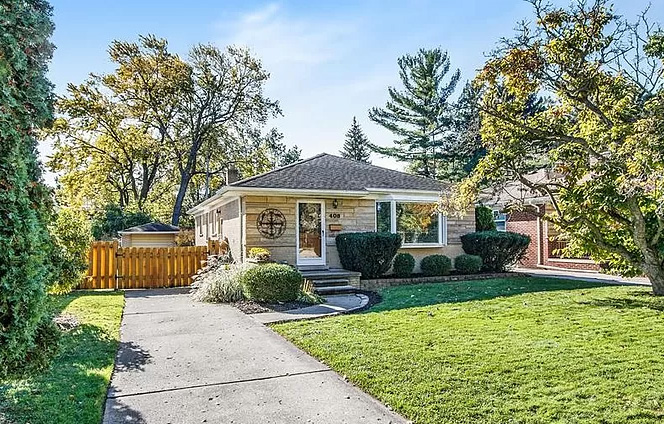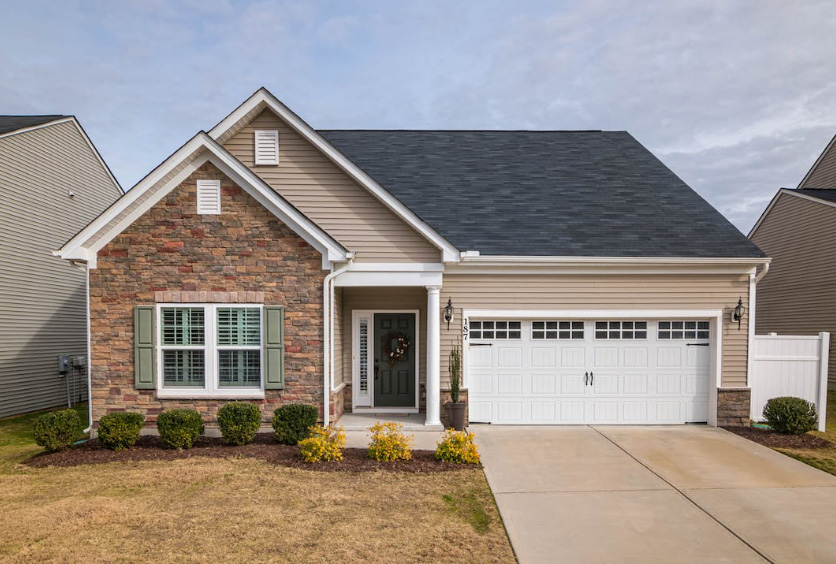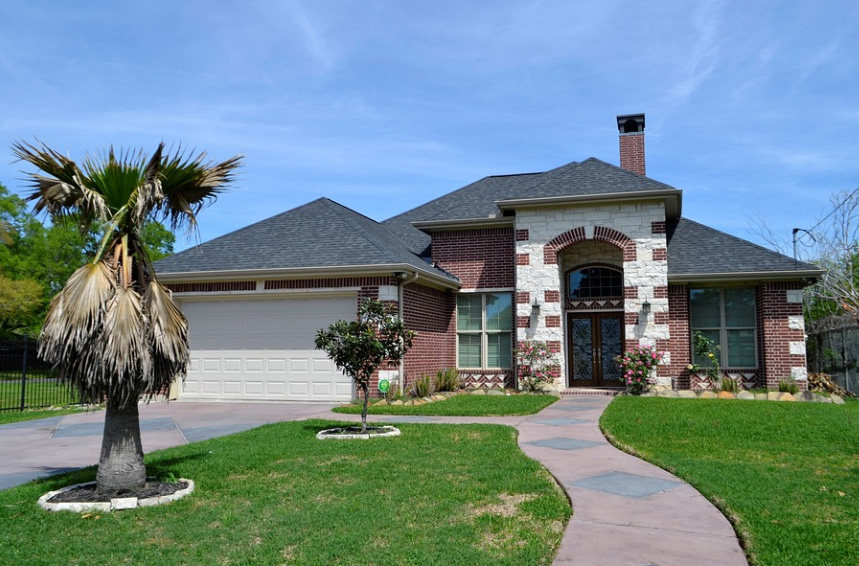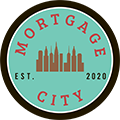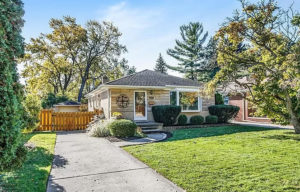
Conventional Loans
One notable difference between conventional and government-insured loans is that the government doesn’t back the former. However, conventional loans usually follow some government guidelines and conform to the set loan limits by the Federal Housing Finance Agency.
Moreover, conventional loans also follow the guidelines of government-sponsored enterprises known as Fannie Mae and Freddie Mac, two of the largest mortgage buyers in the country.
Differences Between FHA and Conventional Loans
Even if you don’t have not enough money in your savings account to pay for a house, you can still afford one, thanks to conventional mortgages! With conventional mortgages making up 64% of all home loans, they’re certainly a popular financing option for homeowners across America.
Unlike FHA loans that require a property to meet strict guidelines, conventional lenders aren’t bound by the same rules. While FHA financing can’t be approved for some condo complexes and certain houses, conventional loans can be used to finance almost any type of property.
Although conventional mortgages may not have lower interest rates than loans insured by the government, they’re still an ideal mortgage option. Since conventional loans are available with a down payment as low as three percent and cheaper insurance payments and have no upfront mortgage insurance fee, you can save money in the long run!
Requirements for Fannie Mae and Freddie Mac Loans
To get approved for a Freddie Mae or Freddie Mac loan, you must meet a particular credit score, income level, work history, debt-to-income ratio, and minimum down payments.
Some of the basic requirements for a conforming loan include:
- A debt-to-income ratio of 45% or less
- Down payment of 3% or more
- A minimum credit score of 620
- Down payment funds from a documented asset source
When evaluating your application, a lender will also look at your:
- Total monthly expenses;
- Employment history;
- Total gross income per month;
- Credit score and payment history; and
- Assets.
The lender may also be required to purchase private mortgage insurance (PMI) to protect them if you ever stop paying for your mortgage and your home goes into foreclosure. If you make a down payment of less than 20% of the purchase price, you will most likely have to purchase a PMI, which will be added to your monthly fee.
Your Top Mortgage Lender in Michigan and Beyond!
Financing your dream home can be simple as long as you submit the following requirements and explore home loans in the right places, you’ll be able to secure the funds needed to own your home and finally become a homeowner!
Are you having trouble looking for a conventional loan that fits your financial needs? Then, let us at Mortgage City help you! From our first point of contact to closing, rest assured that your loan is being handled with speed, integrity, and the highest standards in customer care. Get a FREE mortgage quote today by calling (248) 930-8709!
